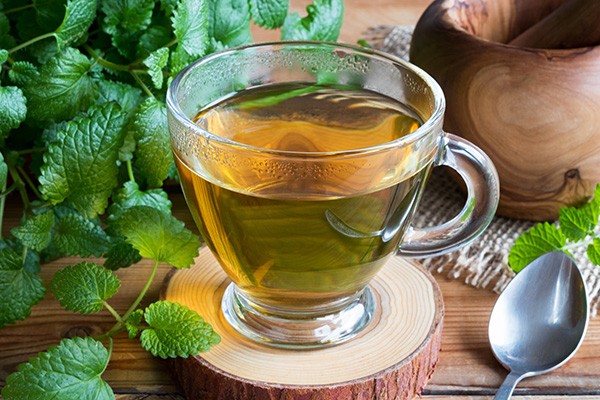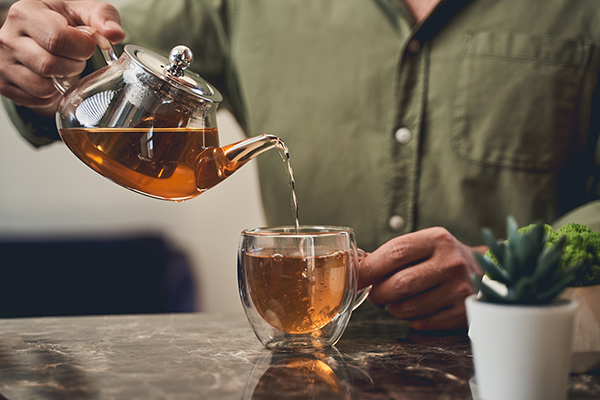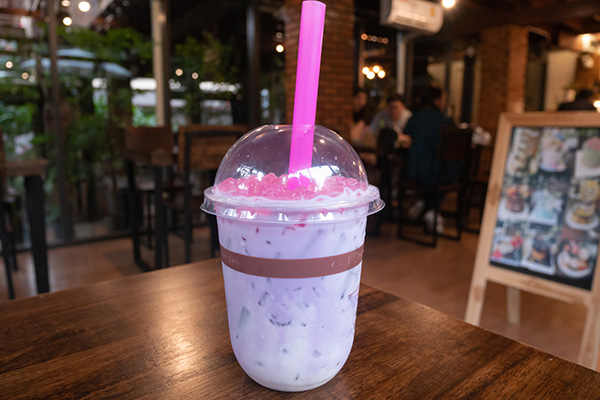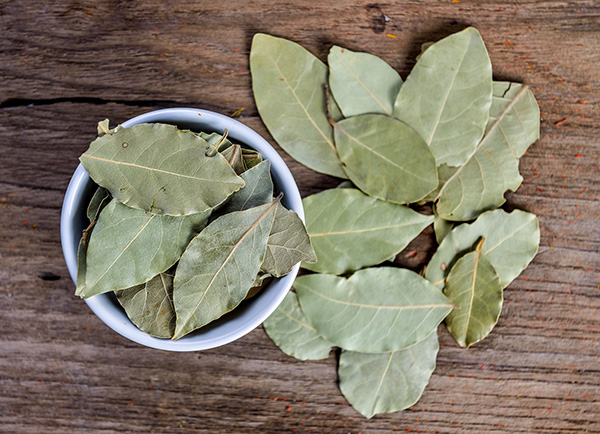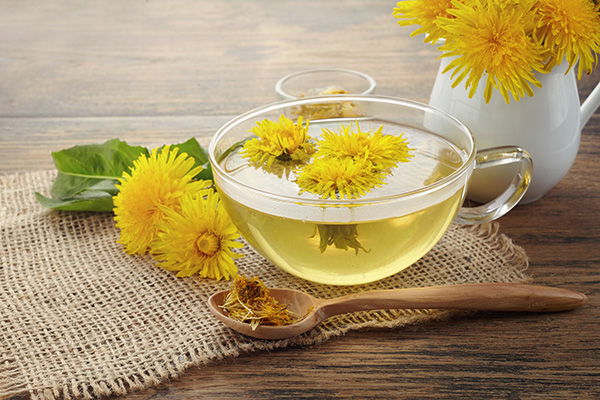Cranberry Tea: Benefits, Side Effects, and How to Make It
Cranberry tea is a delicious and nutritious beverage with numerous health benefits.
In this article, we will explore the benefits and potential side effects of cranberry tea, along with a simple recipe to make it at home. We will also answer some frequently asked questions about this popular drink.
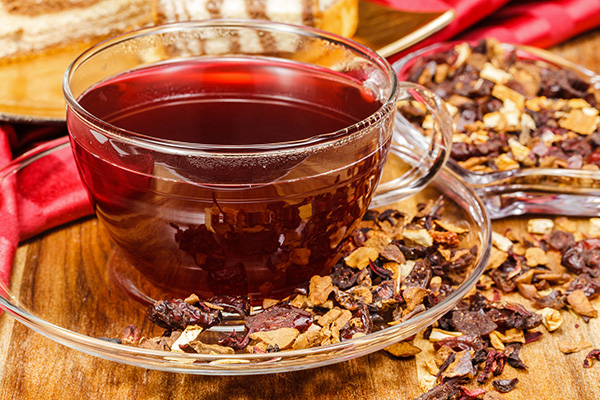
What Is Cranberry Tea?
Cranberry tea is a herbal infusion made from dried cranberries, cranberry leaves, or a combination of both. It is often consumed for its pleasant taste and numerous health benefits, which are primarily attributed to the high antioxidant content in cranberries. The tea can be enjoyed hot or cold, and it is often mixed with other herbs and flavors for added variety.
Potential Health Benefits of Cranberry Tea
Boosts Immune System
Cranberries are rich in vitamin C, a powerful antioxidant that plays a crucial role in maintaining a healthy immune system. Consuming cranberry tea regularly may help strengthen your immune system and protect you from common illnesses like colds and the flu.
Supports Urinary Tract Health
Cranberries contain compounds called proanthocyanidins, which are known for their ability to prevent bacteria from sticking to the walls of the urinary tract. Drinking cranberry tea may help prevent urinary tract infections (UTIs), especially in women who are prone to recurrent infections.
There are also other teas that could potentially aid in UTI prevention or symptom management.
Improves Heart Health
The antioxidants found in cranberries, particularly polyphenols, can help reduce inflammation and improve cardiovascular health. Regular consumption of cranberry tea may contribute to lower blood pressure, reduced cholesterol levels, and a decreased risk of heart disease.
Aids in Digestion
Cranberry tea is known for its mild laxative properties, which can help improve digestion and prevent constipation. Additionally, the antioxidants in cranberries can have a positive impact on gut health by reducing inflammation in the digestive tract.
Cranberry Tea Side Effects
May Cause Stomach Discomfort
Drinking large amounts of cranberry tea may cause stomach discomfort in some individuals. This is because the high acidity of cranberries can irritate the stomach lining, leading to symptoms like heartburn, indigestion, or nausea.
Potential Drug Interactions
Cranberry tea may interact with certain medications, including blood thinners like warfarin. If you are taking prescription medications, consult your healthcare provider before consuming cranberry tea regularly.
Who Should Not Drink Cranberry Tea?
Although cranberry tea is generally safe for most people, some individuals should avoid it or consume it with caution. These include:
- People with a history of kidney stones, as the oxalate content in cranberries may contribute to stone formation.
- Individuals who are allergic to cranberries or other members of the Vaccinium family.
- Pregnant or breastfeeding women should consult their healthcare provider before consuming cranberry tea, as the safety of its consumption during pregnancy is not well-established.
How to Make Cranberry Tea
To make cranberry tea at home, follow these simple steps:
- Boil 2 cups of water in a saucepan.
- Add 1/4 cup of dried cranberries or 1 tablespoon of crushed cranberry leaves to the boiling water.
- Reduce the heat and let it simmer for 10-15 minutes.
- Strain the tea into a cup and add honey or other natural sweeteners to taste.
- Enjoy your homemade cranberry tea hot, or let it cool and serve over ice.
Remember to follow the manufacturer’s guidelines on the packaging if you are using a branded product bought online or at a local store.
Final Thoughts
Cranberry tea is a tasty and nutritious beverage with numerous health benefits. However, it’s essential to be aware of potential side effects and consult your healthcare provider if you are taking prescription medications or have a specific health condition.
Overall, cranberry tea can be a delightful addition to your daily routine, offering both enjoyment and health benefits.
FAQ
What Does Cranberry Tea Taste Like?
Cranberry tea has a unique, tart flavor with a slight sweetness. The taste can vary depending on the preparation method and the addition of other herbs or sweeteners. Some people may find the taste of cranberry tea to be a bit strong, so feel free to adjust the flavor by adding honey, stevia, or other natural sweeteners to your liking.
When Should I Drink Cranberry Tea?
There is no specific time of day when cranberry tea is most effective, and you can enjoy it at any time. However, some people may find that drinking cranberry tea in the evening or before bed can help improve digestion and provide a relaxing effect.
Experiment with different times to find what works best for you.
How Often Can You Drink Cranberry Tea?
There is no strict rule about how often you should drink cranberry tea, and it largely depends on personal preference and your body’s response. Generally, drinking one to two cups of cranberry tea per day should be safe for most individuals.
However, always follow the manufacturer’s guidelines on the packaging if you are using a branded product bought online or at a local store.
How Long Can You Drink Cranberry Tea Safely?
Cranberry tea can be consumed safely over extended periods, provided that you are not experiencing any adverse side effects and are not part of the group who should avoid or be cautious about drinking it (e.g., people with kidney stones or taking blood thinners).
As with any supplement or herbal remedy, it’s essential to monitor your body’s response and consult a physician if you have concerns or questions about long-term consumption.

